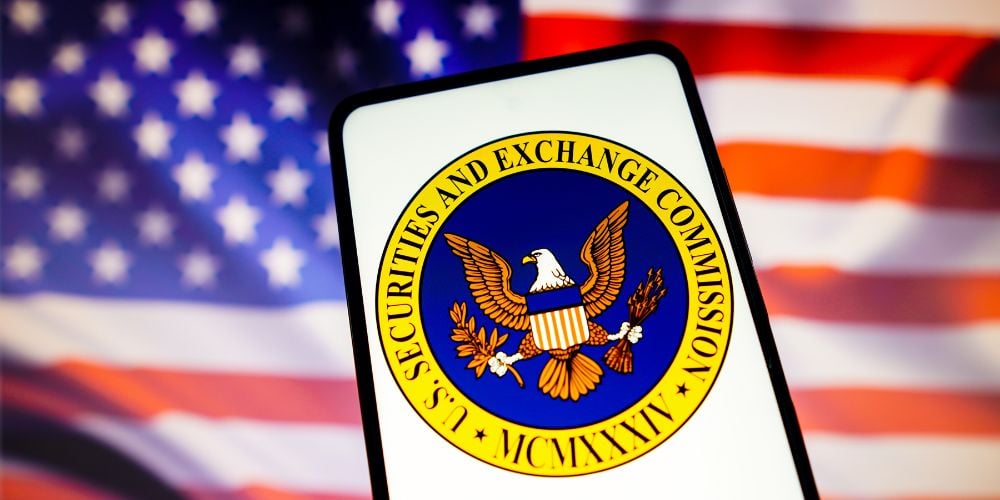In the world of finance, efficiency is paramount. Among the cornerstone institutions that uphold this efficiency is the Depository Trust Company (DTC).
Critical to the seamlessness of securities trade, DTC helps to simplify the complexities involved in the industry.
Born from the need to improve handling vast numbers of securities transactions, DTC came into existence in the 1970s, and since then, it has evolved into an institution that is essential to the financial infrastructure. Let’s learn What is the depository trust company in details.
The Role and Functions of DTC
Clearinghouse Functions
The DTC acts as a central clearinghouse, a hub where transactions converge for clearance. Financial entities rely on the mediation that DTC provides to settle trades.
It is the bridge between buy and sell orders for securities, ensuring that the transaction parties receive what they are due.
The essence of these functions cannot be overstated; DTC’s role streamlines settlements, making them not only quicker but also more secure and efficient.

Custodial Services
A significant benefit DTC provides is its custodial services. By eliminating the need for physical handling of securities, it holds them in electronic or “book-entry” form.
This innovation means that securities are transferred by adjusting the account balance of DTC participants.
The outcome is a system less vulnerable to the risks associated with physical certificates, like theft or loss.
Securities Processing
DTC is instrumental in the processing of securities. It provides services including the administration of dividend and interest payments and processing corporate actions like stock splits.
The company plays an unseen yet pivotal role in ensuring that the benefits of owning financial assets reach the rightful owners accurately and promptly.
Risk Management
The magnitude of transactions that DTC handles daily is accompanied by substantial risk. To manage this risk, DTC employs robust practices and infrastructure. It sets collateral and net debit caps for its participants, reducing the probability of a default disrupting the market.
Risk management is the unsung hero in the world of finance and DTC stands as a gatekeeper that upholds stability in the marketplace.
DTC Eligibility
DTC eligibility refers to securities that are available for deposit into the DTC system. Eligibility is viewed as a hallmark of accessibility for securities because it facilitates the ease of trading.
Both issuers and investors see DTC eligibility as a criterion that can influence the attractiveness of a security.
Membership and Participants
Participation in DTC is not open to everyone — this privilege is reserved for financial institutions that clear or settle transactions. Members include banks, broker-dealers, and other industry players.
These participants benefit from efficient settlement processes and reduced costs associated with the physical handling of securities.
Technology and Innovation at DTC
Like many in the industry, DTC employs cutting-edge technology to execute its mandate efficiently. By embracing technology, it adapitates to the dynamic nature of the financial sector and the sophisticated needs of its clientele.
Continuous innovation is part of DTC’s commitment to maintaining its critical position in the world’s financial markets.

Regulatory Oversight
As with most entities in the financial sphere, DTC operates under stringent regulatory oversight. Organizations such as the Securities and Exchange Commission (SEC) and the Federal Reserve are among the regulators ensuring that DTC operates within the bounds of the law.
Rigorous compliance with industry standards and regulations ensures that it maintains its role as a trustworthy clearinghouse.
DTC’s Global Presence
DTC is not only a pivotal player in the United States but also a participant in the global market. Its role and services converge with the operations of depository and clearing corporations around the world. It often enters into partnerships and collaborations that extend its reach and effectiveness internationally.
Challenges and Controversies
No institution is without scrutiny, and DTC has faced challenges and controversies. It has been critiqued for its centralized nature and has had to navigate complex market events that tested its systems and policies.
In response, DTC has taken steps to address such challenges, improving its operations and reinforcing its commitment to market stability.
The Future of DTC
Looking forward, DTC is likely to continue adapting to the ever-evolving financial landscape. The rise of digital assets and blockchain technologies presents both opportunities and challenges.
DTC has shown a willingness to engage with these innovations, which are poised to shape the nature of securities depositories in the future.
Pro Tips for Investors and Trainers
Knowing the workings of DTC can empower investors and traders alike. This knowledge ensures that they can navigate trading platforms with an understanding of what happens after they click the “buy” or “sell” button.
Knowledge of DTC’s role can demystify the settlement process and even influence investment decisions.
Conclusion
The Depository Trust Company stands out as a pillar in the financial realm. Almost invisible to the everyday investor, DTC nevertheless ensures the integrity and efficiency of securities transactions.
As the financial industry continues to innovate and evolve, the DTC will undeniably adapt and maintain its essential role in the smooth functioning of global markets.


 Tags:
Tags:










